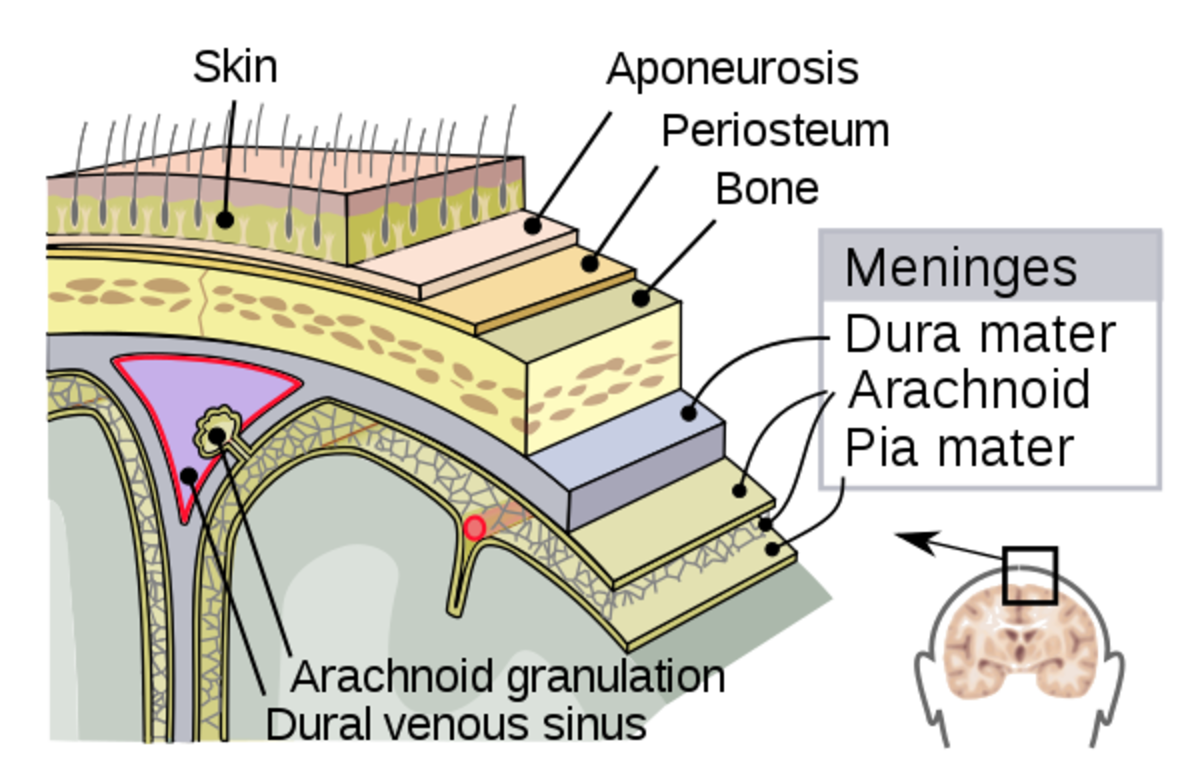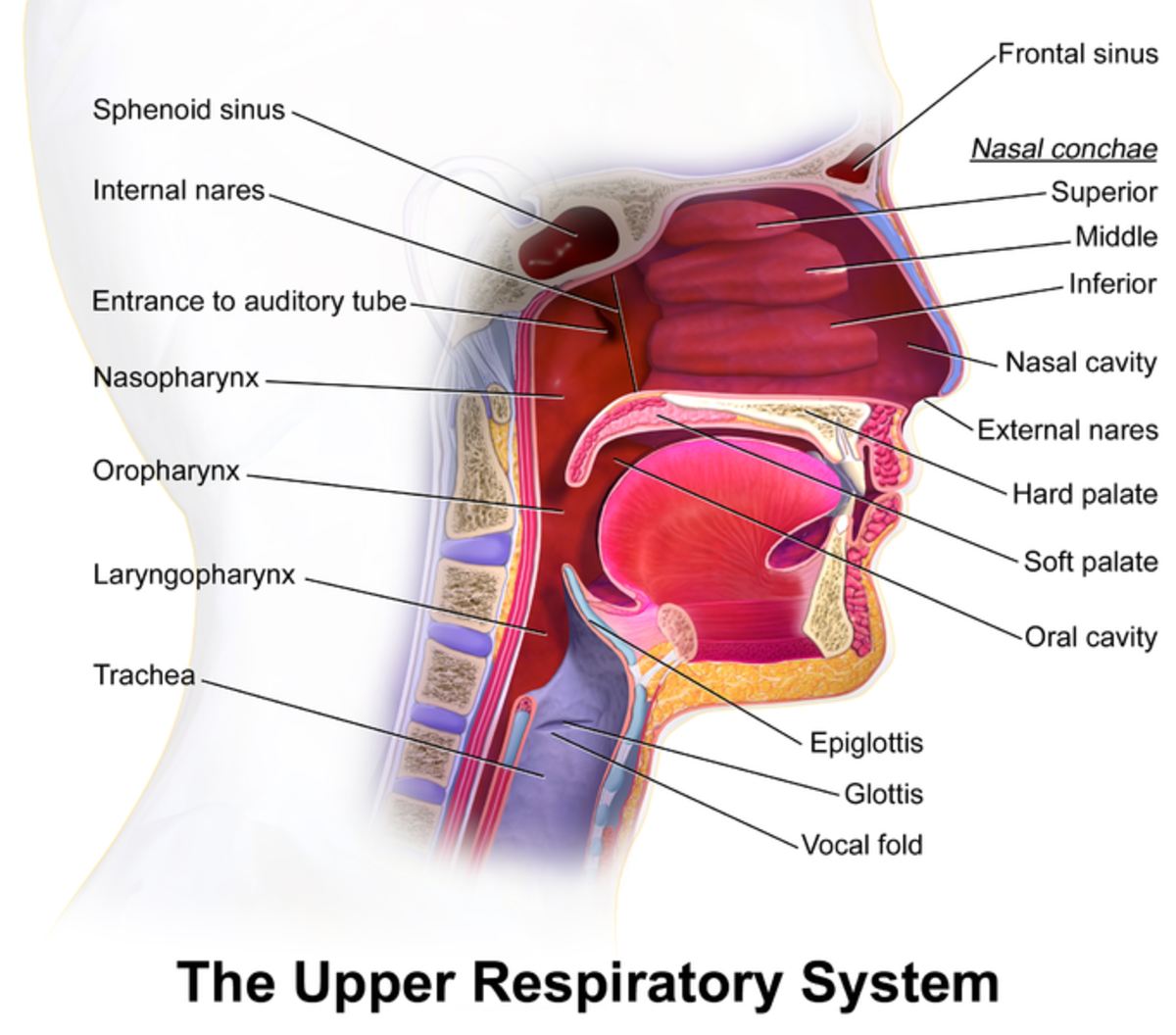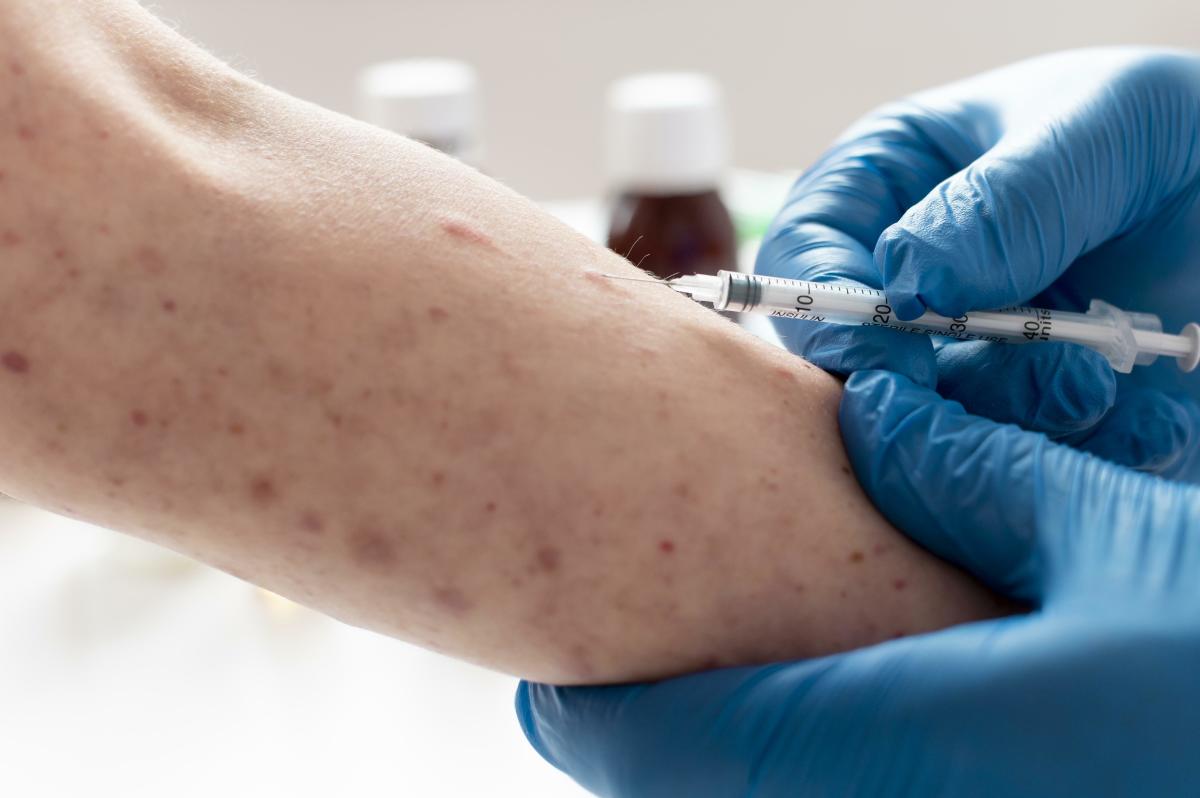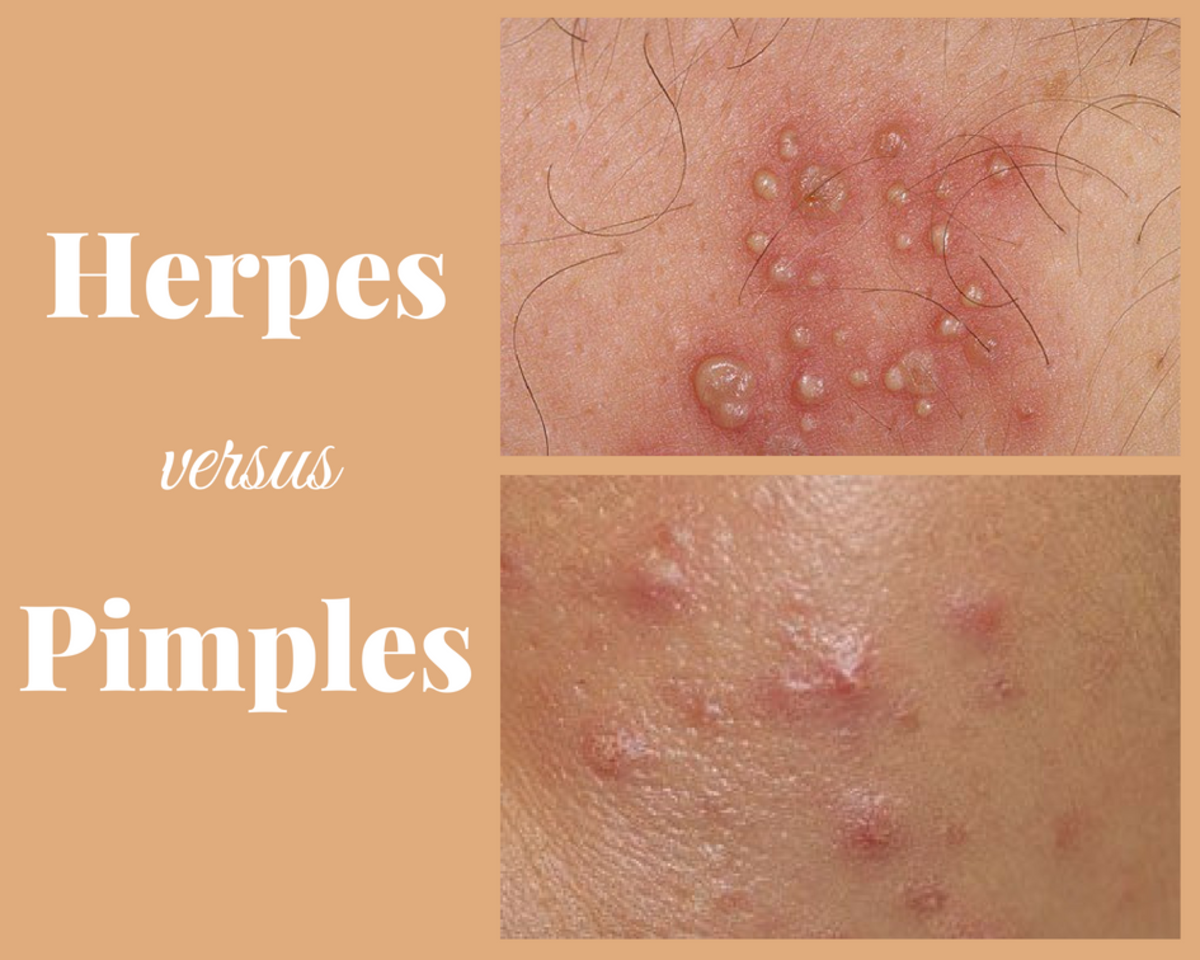Bacterial Meningitis in school-aged children: Is my child at risk?
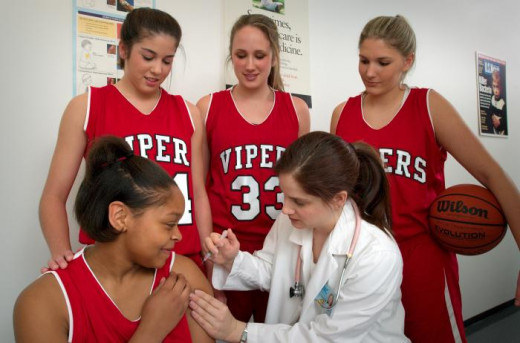
What is Meningitis & Why Should I Worry?
School-aged children are at increased risk for infections such as meningitis due to frequent contact with one another through physical sports, recess and phys ed activities, recreational activities, and the fact that kids love to touch... everything! There are approximately 4,100 cases of bacterial meningitis yearly and many of these cases are vaccine-preventable. Meningitis can be a life-threatening illness and therefore parent awareness of this infection, the symptoms, and preventative measures can truly be a life-saver.
Meningitis is an inflammation of the tissues that surround the brain and spinal cord caused by an invasive bacteria, virus, or fungus. These "bugs" can also be opportunistic; such as taking advantage of an immunocompromised state after a respiratory or ear infection or allowing the migration of organisms into the brain from a facial or skull fracture from a sports injury There are two types of meningitis; bacterial and viral, and this is important to be aware of as bacterial meningitis is a life-threatening emergency and viral meningitis is usually self-limiting and resolves with little or no medical intervention. This hub will review the main causes, signs and symptoms, diagnosis, treatment and prevention of meningitis in school-aged children aged 6 to 18 years old.
What Causes Bacterial Meningitis?
The most common bacteria causing meningitis are listed below by age group. Since 1985, Haemophilus influenzae is no longer a major cause of bacterial meningitis. (Your child should have received this vaccine at 2, 4, 6, & 12-15 months) Currently, bacterial meningitis is mainly caused by Neisseria meningitidis or streptococcus pneumoniae in school-aged children. Bacterial meningitis is a real concern in this population because 10-14% who contract it will die and approximately one-fourth of those who who recover from bacterial meningitis will have permanent neurological disability, such as; hearing loss, cognitive (brain) impairment, blindness, paralysis, or speech problems.
Main culprit in schools and college dorms: Neisseria meningitidis
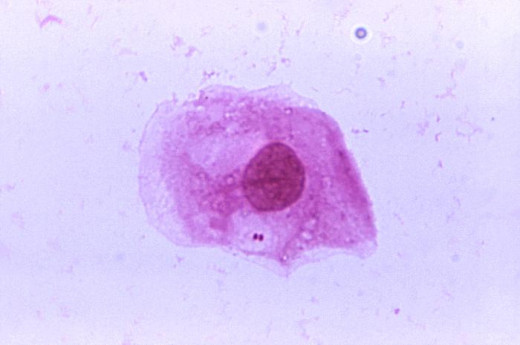
Viral Meningitis
Causes
| Transmission
| Signs & Symptoms
| Prevention
| Treatment
|
|---|---|---|---|---|
Mumps, Enterovirus, Adenovirus, Herpes virus (includes Epstein-Barr virus, herpes simplex viruses, varicella-zoster virus or chicken pox & shingles), measles, influenza. Rarely, lymphocytic choriomeningitis virus spread by rodents.
| Fecal contamination (poor hand-washing after using the bathroom or changing diapers), respiratory secretions, direct or indirect contact of oral or respiratory secretions
| Same symptoms as bacterial meningitis listed below, although typically less severe than bacterial meningitis..
| Make sure your child is up to date with MMR and chicken pox vaccine. Preventative measures listed at the bottom of this article. Control mice & rats.
| Always seek medical attention for fever greater than 101 F. It is impossible to determine viral versus bacterial without a full assessment and/or laboratory tests. Treatment is supportive and healthy children typically improve within 7-10 days.
|
Transmission, Signs, & Symptoms
Meningitis-causing bacteria are typically spread through the exchange of respiratory and throat secretions (such as kissing), but can also occur through indirect contact through sharing of water bottles, utensils, or touching others' secretions on surfaces.
Signs & Symptoms
- Nausea &/or Vomiting
- Headache
- Neck stiffness
- Any change in normal mental status (confusion, excessively tired)
- Fever
- Seizures
- Double vision
- Light sensitivity
It is important to note that any one of these signs or symptoms combined with a fever greater than 101 F should receive immediate medical attention.
Diagnosis & Treatment
Diagnosis is typically made by a thorough history & physical assessment and may include blood tests, imaging of the brain, and/or a sample of cerebrospinal fluid from a lumbar puncture. Treatment is based on the results of tests and may include antibiotics and/or hospitalization.
Main Causes of Bacterial Meningitis by Age Group
Age
| Bacteria
| Vaccine Available?
|
|---|---|---|
3-10 years old
| Streptococcus pneumoniae (47%), Neissiera meningitidis (32%)
| Yes: Babies should have received pneumococcal vaccine at 2,4,6, & 12-15 months of age. Meningococcal vaccine recommended at age 2 for immunocompromised.
|
10-18 years old
| Neissieria meningitidis (55%)
| Yes, at age 11 and booster at age 16-18.
|
Prevention: What vaccines should my child receive?
Vaccine
| Protection Against
| Ages
| Booster?
| Side Effects
| Who should not receive the vaccine?
|
|---|---|---|---|---|---|
Meningococcal conjugate vaccine (MCV4) Preferred vaccine for children & young adults.
| Neisseria Meningitidis serogroups A, C, Y, and W-135. Is not effective against serogroup B (50% of cases in children under 5 years old)
| 11-12* (*As young as age 2 in immunocompromised)
| Yes, at age 16-18
| Pain/redness at site, fever, allergic reaction, rare cases of Gullain Barre Syndrome (GBS). Since 2008, only 26 reported cases of GBS in over 5 million vaccinations.
| History of serious reaction to a previous dose. Hypersensitivity to diptheria toxoid. Contraindicated in individuals with Gullain-Barre Syndrome and those allergic to latex.
|
Meningococcal polysaccharide vaccine (MPSV4) Only vaccine available to adults 56 and older
| Same coverage as conjugate vaccine noted above.
| 11-12* (*As young as age 2 in immunocompromised)
| Yes, at age 16-18
| Pain/redness at site, fever, allergic reaction
| History of serious reaction to previous dose or latex allergy.
|
Prevention: An Ounce of Common Sense
- No sharing: Educate your children to not share water bottles, utensils, glasses, or food with one another. Mark water bottles with children's names on duct tape for sports games.
- Hand washing: Kids and even some adults have a difficult time remembering this one. Clean hands are germ-free hands and prevent the risk of infection. Only 20 seconds of scrubbing & washing are needed to get rid of those germs, about the same time to sing the "Happy Birthday" song. Alcohol-based hand rubs (must contain at least 60% alcohol) are also an alternative if soap and water is not available, although it will not kill all germs.
- Be courteous: Cover your mouth when coughing & sneezing to prevent the spread of germs to others.
- Exposure: If you or your child has been exposed to a person diagnosed with bacterial meningitis, notify your healthcare provider as they may prescribe a short course of preventative antibiotics.
- Protecting your children: Ensure your children are adequately vaccinated, especially before sending your high-school graduates off to college as the risk of bacterial meningitis immediately increases in this age group due to close living quarters in the dormitories.
Recent cases of bacterial meningitis
- 18-Year-Old MTSU student died from complications due to bacteria - Action News 5 - Memphis, Tennesse
Jacob Nunley, 18, is being described by friends as one of the sweetest guys they have ever known. Now his family is trying to deal with his death while health departments investigate it.
What other vaccines should my child have?
I cannot afford vaccines for my children: What programs are available?
- CDC Features - VFC Program: Vaccines for Uninsured Children
The Vaccines for Children (VFC) Program offers vaccines at no cost for eligible children through VFC-enrolled doctors. Find out if your child qualifies. Vaccinating on time means healthier children, families and communities.
Disclaimer
This information is for educational purposes only. It is not intended to be used for diagnostic purposes or medical advice. Always consult your healthcare provider for any concerns or questions.

